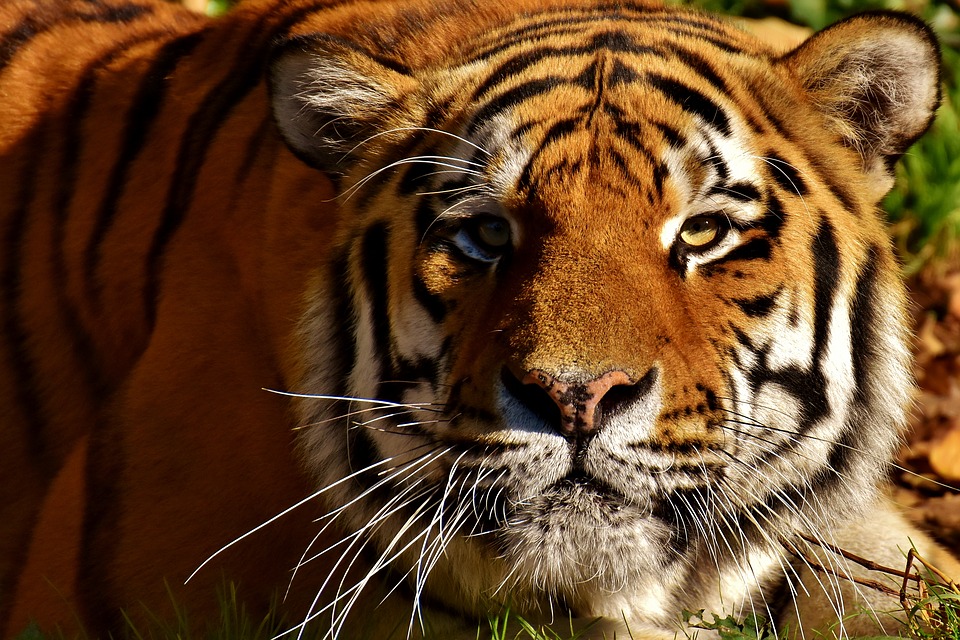By Leo Hodges
Conservation is an immensely complex process and more often than not zoos and animal-loving customers are the problem. Zoo’s exploit conservation, education and research to justify their existence, however they are run only for profit. Animal’s private quarters are closed during the day, restricting their already limited freedom to avoid the public. Despite this alien atmosphere, zoos still use animal welfare as a major selling point. This environment changes the behaviour of many species, therefore meaning patrons of zoo’s do not actually experience some species in their ‘natural form’. In addition, this behavioural change would affect any ‘research’ the zoo claims to be doing, hence proving that most resultant data is flawed.
Customers are bombarded with rhetoric of conservation, which presents zoo’s as saviours of the natural world. However, according to Damian Aspinall’s recent paper only five percent of species in European captivity are endangered, with a maximum of three of these species being viable for conservation. Not only are these zoo’s disguising themselves as ‘conservationists’ but people are falling for it. Perpetuating a system of animal victimization. Although, not all zoo’s profit off this lie, some strive for genuine success in conservation, simultaneously trying to revolutionise the zoo system.
The Aspinall Foundation is at the forefront of this revolution, with Damian as their spearhead. The charity owns two ‘zoos’, Port Lympne and Howletts, defined as wildlife reserves. These wildlife reserves wish to disassociate themselves with conventional zoos as far as possible. They operate with an ‘animal welfare over profit’ mindset. Both in terms of captive conditions and the international conservation programs that the foundation conducts. The Aspinall Foundation built the first ever gorilla orphanage in the Congo, to which Port Lympne and Howletts have transported their own gorillas for reintroduction. Meanwhile, the reserves in the UK always put the animals first. Every species within the parks has a private area away from the public eye, open to them throughout the day, giving them the opportunity to shelter from inclement weather or the noise of customers.
before you visit any form of sanctuary, do your research, make sure they’re ethical
Animal enclosures in these reserves are significantly larger than a conventional zoo’s, allowing them slightly more freedom, albeit nothing compared to their roaming space in the wild. It is for this reason, among others, Damian wishes to eradicate zoo’s, including the reserves. His dream is for all conservation to occur in the species native environment in protected areas. However, under fifteen percent of the worlds land mass is protected for conservation, which may seem vast, but much more space is needed. Albeit, this dream takes money, lots of money. Hence, I believe that Damian’s dream is unrealistic.
All charity work shares a common moral dilemma. Imagine you are walking through a park, suddenly you hear cries for help and discover a drowning child. Without thinking, you’ll get into that lake to save the child’s life, right? Yet leaflets through your letter box that state ‘For £5 you can save a child’s life’ often have an underwhelming effect. This is because we can’t see or feel a physical tangible link to the reality of the second child. As a result less emotion is stirred by the leaflet and too many of us disregard the plea. Yet, the problem is still the same – a child can be saved with your individual action.
Equating this to conservation and zoo’s, if all conservation occurs in the species native country and zoos are eradicated, then I estimate donations will drop immensely. A knock on effect would be that the percentage of profit given to conservation from zoos would cease to exist. As much as I share the belief that zoos are unjust and cruel, they can be seen as a necessary evil for the greater conservation effort. Unfortunately, until conservation is able to successfully self-fund, zoos are necessary.
If funding of conservation projects came from the top (i.e. governments and global organisations), and if greater laws were implemented worldwide for the protection of wildlife, then zoos could be wiped out within a few years. Although I haven’t been able to provide a clear answer as to how conservation can be improved, I do hope that I have made you think about how visiting a zoo, can be incredibly detrimental to animal welfare. Please before you visit any form of sanctuary, do your research, make sure they’re ethical and providing real help for animals.
Image credit: maxpixel

